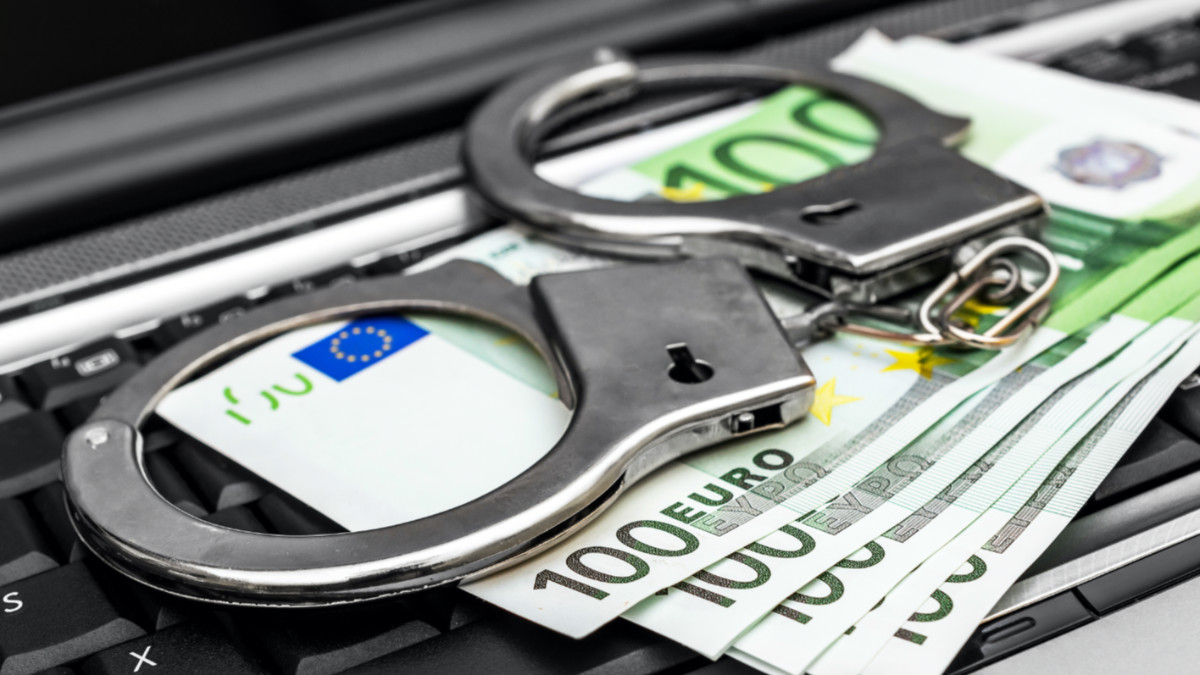Cybersecurity has boomed in 2020, but is adoption sparking complacency?

Cybersecurity companies have surged in 2020, but its clientele are still developing their understanding
Cybersecurity companies have been big beneficiaries of the COVID-19 accelerated shift to online as individuals and businesses try to stay connected and maintain a sense of normality.
ASX small caps such as Tesserent (ASX:TNT) and Archtis (ASX:AR9) have become multi-baggers as earnings and clientele numbers have surged.
It has been a similar story for private cybersecurity solution providers such as McAfee.
But while investors and companies are starting to understand the importance of cybersecurity, McAfee chief scientist Raj Samani thinks they still have more to learn.
Pandemic hasn’t stopped cybercrime
COVID-19 has accelerated the shift to online, but while companies have been quick to make the leap, they haven’t necessarily protected themselves well enough, according to Samani.
“If you look at what’s happened obviously it’s quite encouraging that you’ve had firms that have been able to digitise really fast,” he said.
“But the challenge of all of that is in the rush to become online a lot of firms have left the backdoor open and so there’s a number of systems that can be identified and targeted.
“One of the only things that hasn’t been impacted by the downturn during 2020 has been cybercrime.”
Bigger than a computer shutdown
But for the companies unlucky enough to find themselves a target of cybercrime it is not always as simple as shutting down their computer system.
Wrist-worn device maker Garmin is a good example of just how costly a cyberattack can be. The company could only unencrypt its computer files after paying hackers a $10m ransom.
“I think one of the challenges we face broadly is just getting people to understand the impact of this is not about computers,” Samani said.
“Whenever you say to people it’s just cybersecurity [they say] ‘my laptop’s got anti-virus [software]’,” he said.
“The impact is bigger and broader than that. You saw for example misinformation campaigns influencing democratic processes — this falls under cybersecurity.
“The challenge we face is getting people to understand and recognise its more important than installing a security product on your device — actually its bigger and broader than that.
“I think [in] 2020 we’ve seen people recognise the importance of this.”
New technologies aren’t necessarily safer
Another misperception Samani believes commonly crops up is that new technologies are more immune from cyberattacks.
One example is facial recognition, which McAfee research recently found is possible to bypass utilising model hacking.
“You’ve got to continually and constantly test these technologies because the research that goes on in that field is constantly evolving,” Samani explained.
“For me it’s like a partnership between developing the technologies, but continually examining those technologies to see if they could be bypassed.
“Finding ways to bypass security will always be examined and explored by the bad guys. And so we’ve got to make sure that as new techniques are identified and then even used, we’ve got to make sure we find ways to prevent that from being exploited in real life.”
Related Topics
UNLOCK INSIGHTS
Discover the untold stories of emerging ASX stocks.
Daily news and expert analysis, it's free to subscribe.
By proceeding, you confirm you understand that we handle personal information in accordance with our Privacy Policy.








